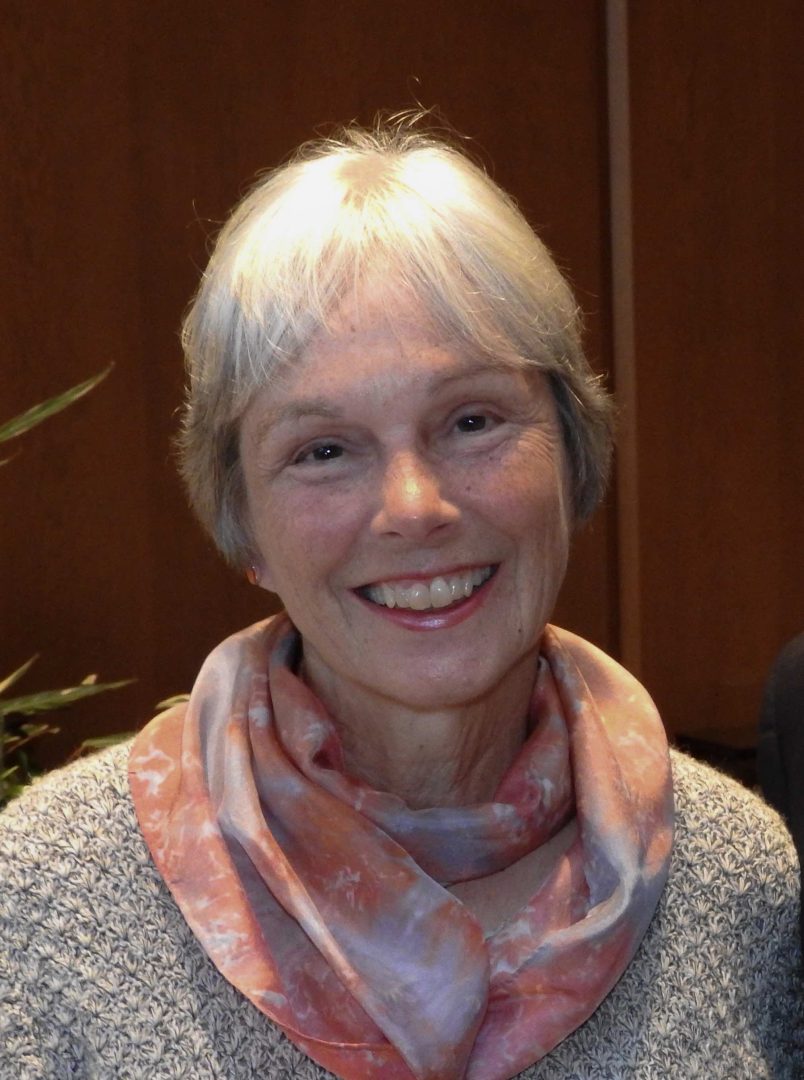25 Sugarland Road, the address of the grandparents of a Southern Indiana native, author and historian Judy Bentley. Most of the letters in the book that Bentley’s mother received came to and from this address. Bentley wrote her first book titled “25 Sugarland Road, Letters of Love and War,” a compilation of letters between her parents to each other to stay in touch during World War II, published in the spring of 2021. According to Bentley, in these letters her parents talked about what was going on during the war and what was happening in their lives. Bentley said letters from her grandparents and uncle are also included in her book and follow the same style of the letters from her parents in the book.

According to Bentley, both of her parents attended the University of Indianapolis in the fall of 1942, which at the time was called Indiana Central College. Her mother worked in the dining hall kitchen as a cook, where she met Bentley’s father, who also worked in the dining hall as a dishwasher and practiced ministry outside of classes, Bentley said. According to Bentley, a ministerial deferment kept him from having to register for the draft, but in 1943 after seeing other friends and classmates dropping out of college to fight in the war, he canceled his deferment and reported to the draft court.
“All of the young men were dropping out to fight in the war or were being drafted and he saw it as his patriotic duty so he gave up his deferment and reported to his draft courts,” Bentley said.
In January of 1943, less than half of the men that started in the fall were still on campus, Bentley said. Her mother continued college for another year taking only as many classes as she could pay for at a time before Bentley’s father returned home and proposed to her, Bentley said.
After learning that Bentley was going to be born, her parents decided to get married at 19 and 20 years of age, Bentley said. Her dad continued to write home to describe the details of the war, and kept his wife updated as well as received updates from life at home. According to Bentley, there were also letters from Bentley’s grandparents and uncle that were written and sent to her father.
Bentley said she learned more about the war, the casualties, the after effects of the bombings and how the war actually ended. The letters detailed the horrific events that were happening during the war that made her appreciate how widely supported the war was. Bentley said later in his life her father became a professor of philosophy and religion at Indiana Central College.
She said she obtained these letters after going through her parents’ items after they died and when she and her brothers were dividing up what each sibling would take, Bentley was the sibling that got the letters.
“My brother said, ‘Well you take them Judy. You’re the historian in the family,’ so I took them, but I let them sit for a couple of years, I thought it would be a little intrusive to read these letters,” Bentley said.
When going through the letters, Bentley said her father’s voice, confidence and writing skills stood out the most. According to Bentley, as a young man her father was fairly confident, funny and a good writer. Her father, Bentley said, had written his memoirs later in life so it was easier for her to understand what was going on. Bentley said the letters she was mentioned in mean the most to her, as well as letters from other members of the family. She said she did not know what to do with the letters and decided after sitting on them for a while, Bentley thought she should be the one to tell the story of her parents in a book.
While reading the letters, Bentley said she didn’t think she was intruding as much as she thought she would be. She said that she published the book mainly for her family because the stories that were detailed in the letters were stories not heard by most of her family before.
“As I read the letters I thought they were good and I wanted to tell the story about what it was like at home and what it was like in the war too,” Bentley said.
Bentley said she attended college in Ohio, before going to New York to get her masters’ degree there. She then moved to Seattle to be in a more livable city, Bentley said. According to Bentley, the book was originally published mainly for her family, and after giving the book to friends in Seattle who were unaware of her Indiana background, she received good feedback and decided to share it with the public.
“I’ve discovered that my best audience is women in their 90s, who actually remember this period of time, but friends my age and a little bit younger like it too,” Bentley said. “It’s a sentimental story that turns out well, my father was able to come back home fine, he wasn’t wounded, he wasn’t killed and was able to go back to college. It’s a positive story. But it does show kind of the emotions of the public at the time.”
Vice President for University Mission Michael Cartwright knew of Bentley’s father, his reputation and had a hand in orchestrating his funeral. As a gift, Cartwright said Bentley gave him one of her books. Cartwright said that Bentley’s writing helped paint the picture of what life was like during that time period. He said that she was able to draw from her father’s letters, his memoir and her mother’s letters, as well as her brother’s recollection of events to piece together the book.
“It’s sort of like a quilt, but a quilt where the pieces have been put together with great precision, wonderful design, while also using as many of those pieces as possible,” Cartwright said.
Bentley said that UIndy was instrumental in her family’s lives because most of her family attended the university. This includes her uncle Woody, who can be found on a mural in the Nicoson Hall on campus.
“UIndy was very important in my parents’ lives and extended family’s lives, and my uncle Woody played basketball there, and my mother’s sisters went to the college too so it was an important place,” Bentley said.
Bentley said she is now retired and is looking to donate the letters that were published in her book to the Indiana Historical Society. She said that the proceeds from her book, as well as any royalties, will be donated to UIndy.








